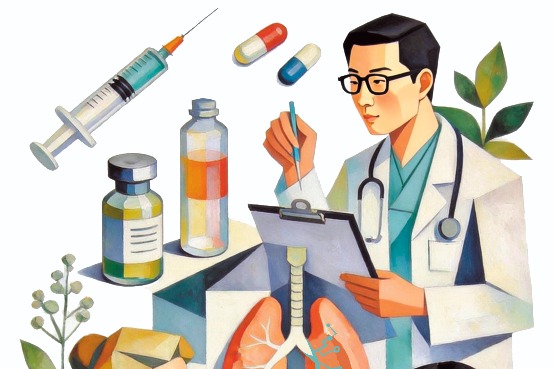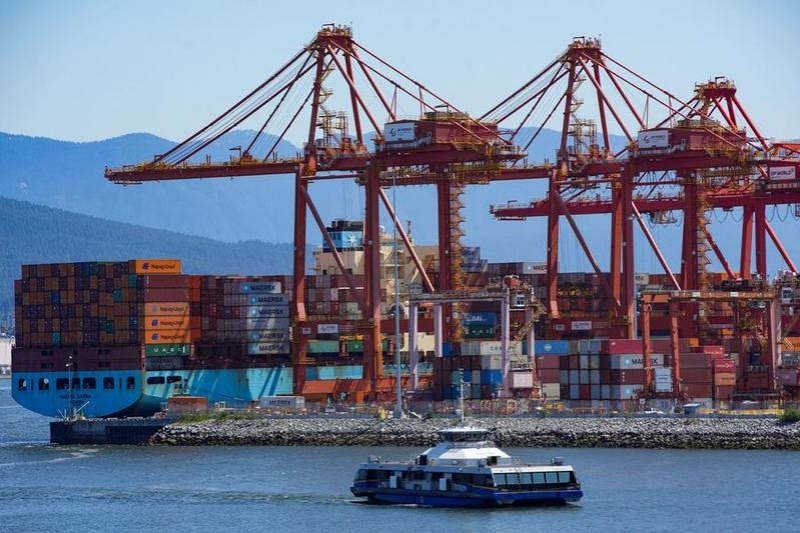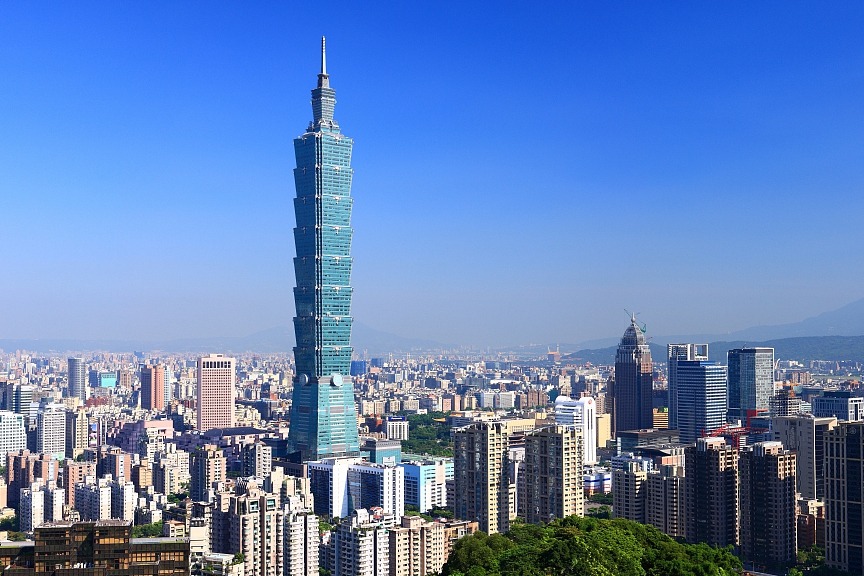Devil of a job for year ahead
Employment creation and security remain pressing priorities amid fresh economic downward pressure


Insufficient domestic demand, the sluggish growth of consumption in particular, is the primary cause of the fresh downward pressure on the Chinese economy. Apart from the adverse impact of the COVID-19 pandemic, the key reason for the sluggish growth of consumption is the less-than-expected income growth, which is closely related to the insufficient jobs recovery.
A total of 11.86 million new urban jobs were created in China in 2020, a sharp decline of 12.3 percent from 13.52 million in 2019. The figure stood at 10.45 million for the first three quarters of 2021. Combined with the 880,000 new urban jobs created in October 2021, China has already met and surpassed its 2021 goal for job creation. That said, the monthly figure of new urban jobs has been dropping since the second quarter of 2021, with a steeper month-over-month decline recorded in October. It's expected that the whole-year figure for new urban jobs created in 2021 will increase to 12.55 million, considerably higher than the 2020 level, but still be 9 percentage points lower than the pre-pandemic 2019 level.
In 2021, China witnessed restorative high-speed growth of consumption expenditure, with nominal growth of urban and rural residents' consumption expenditure rebounding to 14.2 percent and 18.5 percent for the first three quarters respectively. However, in the second and third quarters of 2021, the growth rates edged down from their peaks and likely declined further in the fourth quarter.
With regard to total retail sales of consumer goods, the monthly figure nose-dived by nearly 24 percent at the start of 2020, when China suffered its most difficult time from COVID-19. After that, effective COVID-19 prevention and control enabled robust economic and income recovery, followed by sustained rebound in the total retail sales of consumption goods, with the highest growth rate of over 30 percent recorded in the first quarter of 2021. However, since then, the growth rate has been in decline, dropping to less than 2 percent in September and October. Furthermore, consumption expenditure is yet to fully recover during the two biggest consumption periods, the Spring Festival and National Day holidays, as the pandemic was not yet fully controlled.
Looking ahead into 2022, China is likely to see a record 10.76 million university students graduate and enter the job market. Combined with graduates from technical secondary schools, discharged military personnel, and graduates from middle schools, the number of new job seekers will surge to a record high. Given the current downward pressure on the economy, the situation of the labor market and employment will be difficult in 2022. Due to the baby boom in 1962, there will be the anticipated higher number of retirees in 2022, the released jobs may ease the employment difficulties to some extent, but this will not be able to change the overall situation.
In the face of the downward economic pressure and insufficient jobs, China must implement the pro-growth fiscal, monetary and structural policies put forth at the Central Economic Work Conference at the end of last year to stabilize the broader economy. Right now, arrangements are being made accordingly with the follow-up measures and policies expected to actively stabilize growth.
Macroeconomic policies will be aimed at achieving high-quality development goals on the premise that the economy operates within a proper range and approaches its full potential. This could entail more stringent management and supervision measures for certain industries and sectors. Therefore, relevant departments should persist in taking economic development as the central task when rolling out influential regulatory measures, with employment their top priority.
A new instrument being implemented by economic regulators is the cross-cyclical adjustment of macro policies, which is aimed at maintaining sound and steady economic performance through ironing out drastic economic fluctuations under special circumstances such as the COVID-19 pandemic. Such adjustment needs to be based on accurate predictions about economic situations in the next cycle, because otherwise, the policies will not realize the intended goals or may even prove to be counterproductive.
Furthermore, facing the downward pressure, China should further stimulate the vitality of market entities by improving the business environment, and cutting more taxes and fees, so as to stabilize their expectations so they can give full play to their dominant role in boosting employment. In particular, China needs to increase its support for small and micro businesses and individual businesses through such means as tax cuts, fee cuts and corporate credit enhancement to lessen the burden on such businesses.
Domestic and foreign practices have proven that transfer payments directly reaching households and individuals are one of the most effective ways to cushion the adverse impacts of the pandemic on people's incomes and expenditure. Against the backdrop of normalized COVID-19 prevention and control measures, China should properly increase subsidies for residential income and consumption on the basis of summing up the experience of previous pro-consumption measures, such as the consumption voucher plan.
Endowment insurance, medical insurance and unemployment insurance also need to be expanded to cover those working in the gig economy. For people experiencing employment difficulties such as laid-off men over 50 and women over 40, China needs to increase its support for business startups to boost employment, expand the channels for flexible employment, and offer a safety net for them, such as rolling out public welfare positions.
Moreover, full play needs to be given to the role of unemployment insurance to ensure that people who have lost the ability to work have access to a social safety net. Regarding the too low proportion of people that receive unemployment benefits, relevant authorities should lower the procedural threshold for filing claims for such benefits, so as to increase the coverage of unemployment relief and let it play a bigger role in meeting people's basic needs.
The author is a professor of economics at the National School of Development at Peking University. The author contributed this article to China Watch, a think tank powered by China Daily.
The views do not necessarily reflect those of China Daily. Contact the editor at editor@chinawatch.cn


































